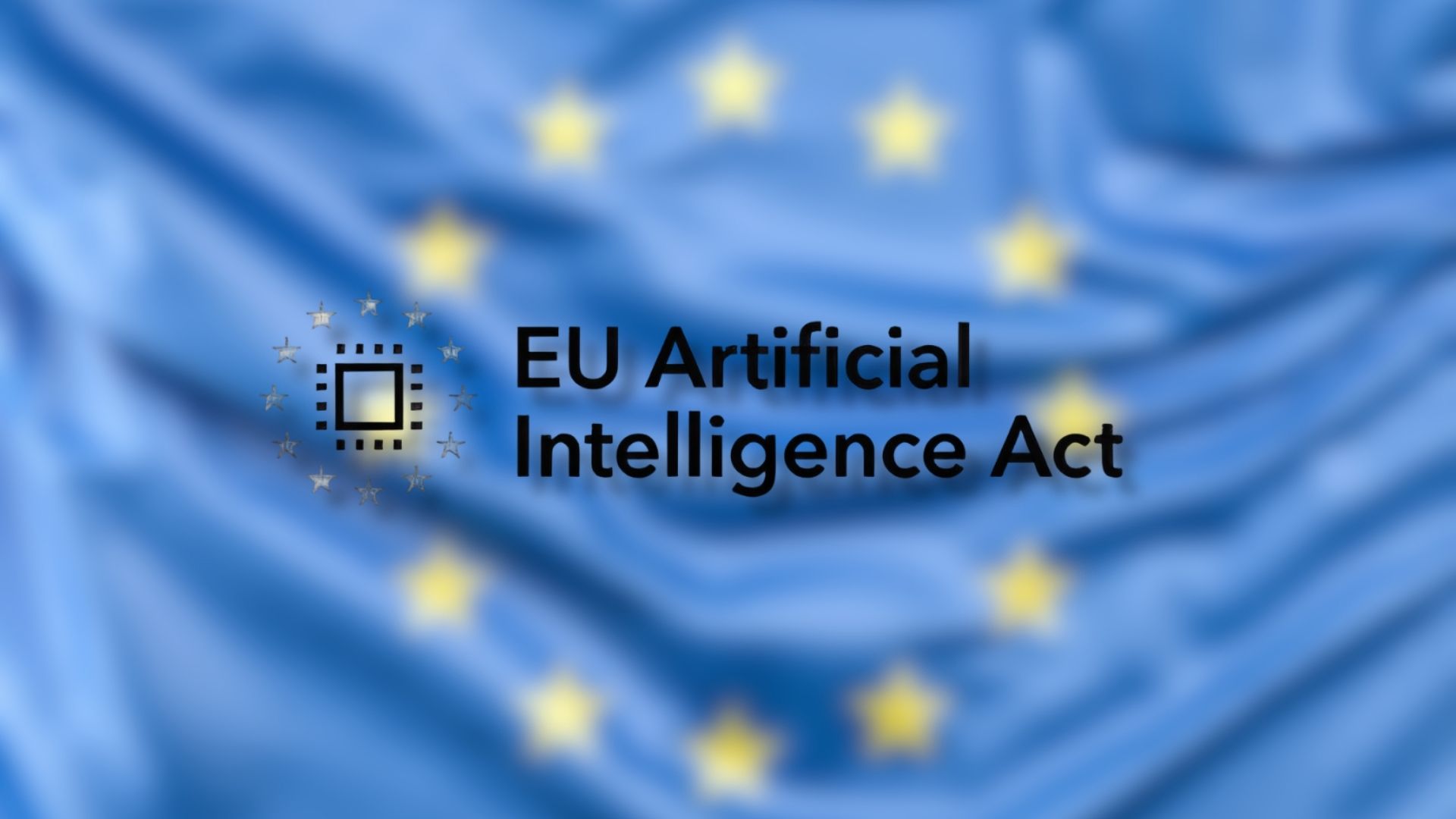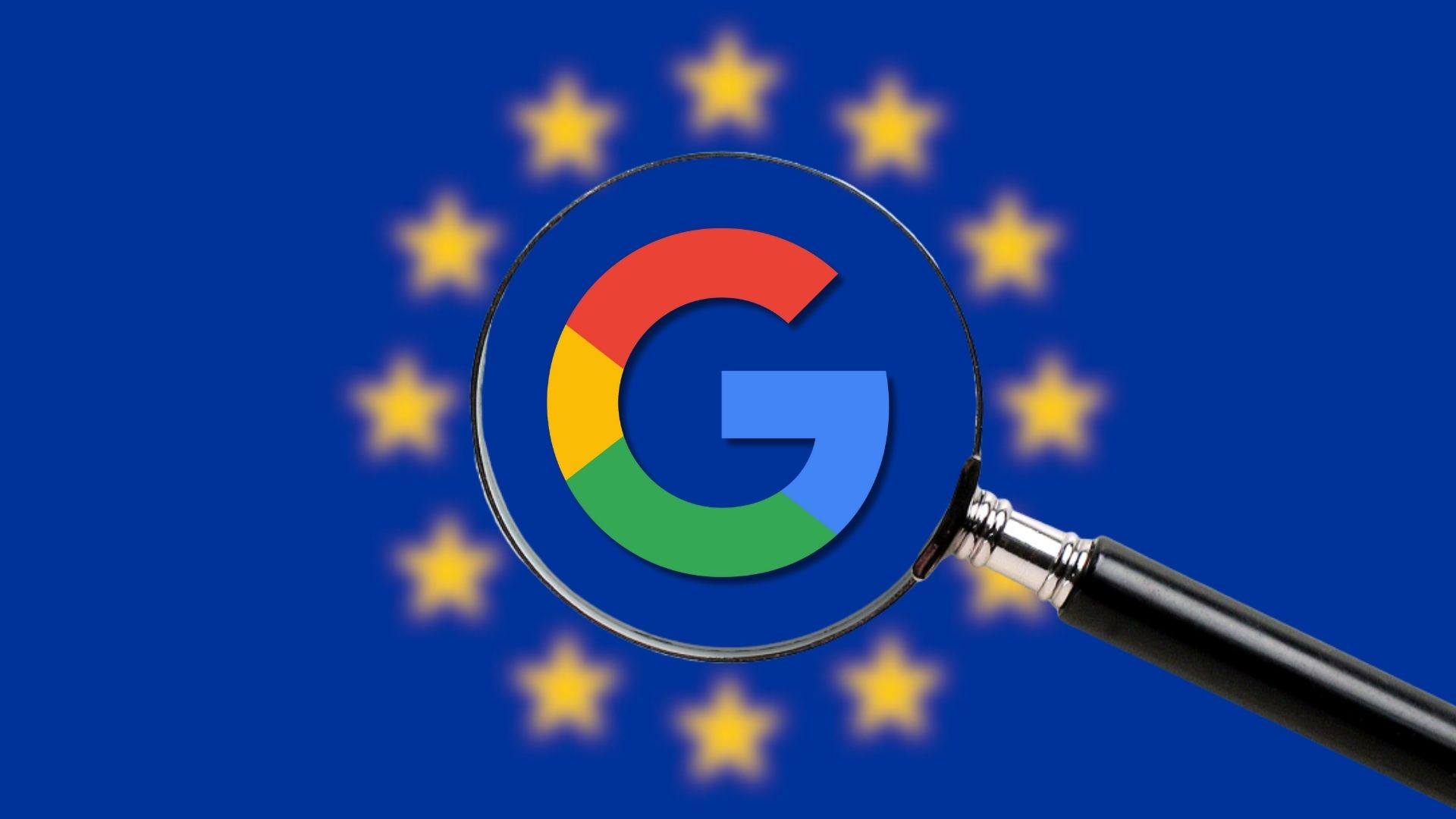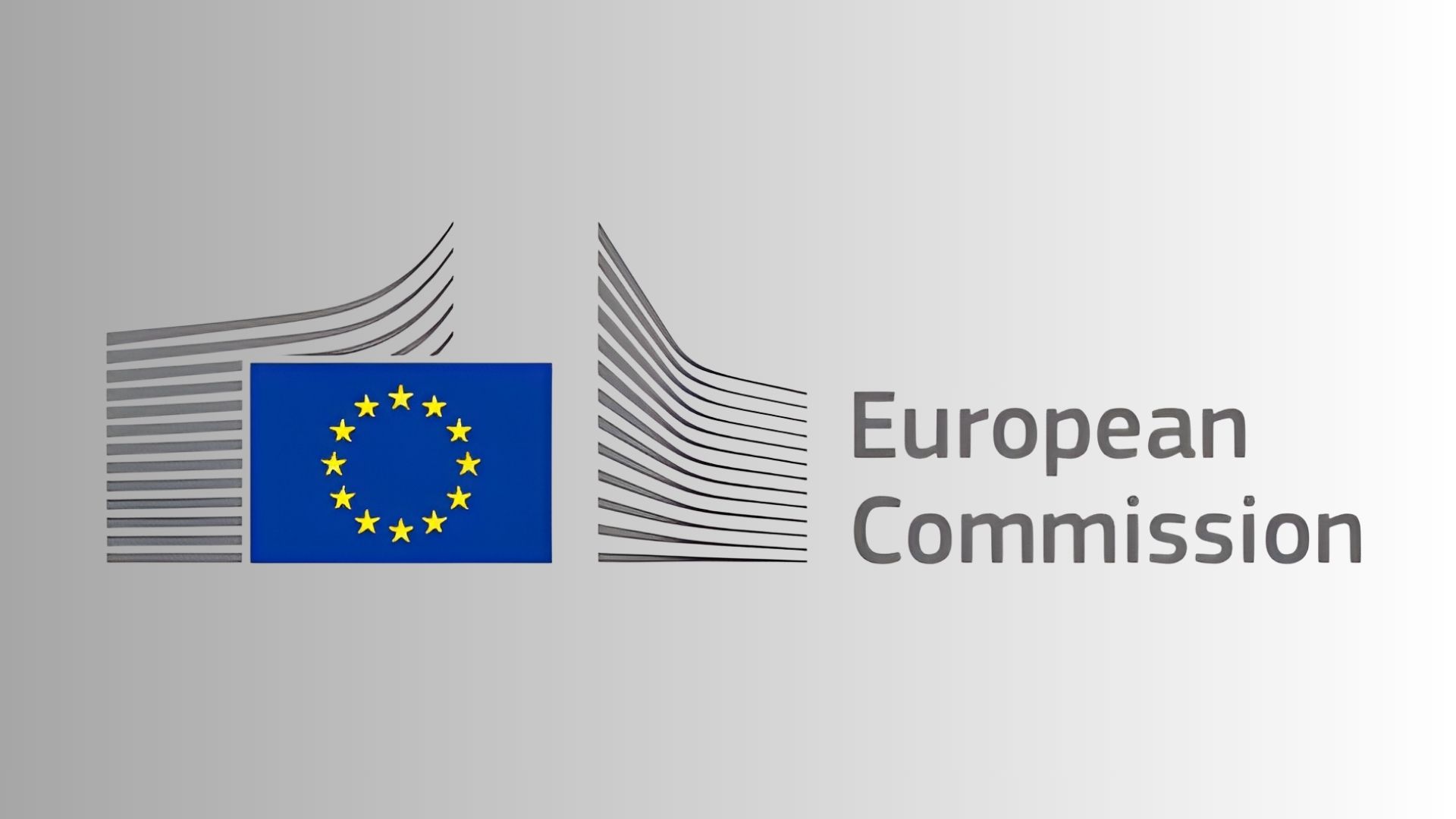The European Commission has proposed a series of amendments to the EU AI Act to ensure a timely, smooth, and proportionate rollout of the bloc’s landmark AI rules.
Set out in the Digital Omnibus on AI published in November, the changes would delay some of the most demanding obligations of the AI Act, particularly for high-risk AI systems, linking compliance deadlines to the availability of supporting standards and guidance.
The proposal also introduces new grace periods for certain transparency requirements, especially for generative AI and deepfake systems, while leaving existing prohibitions on manipulative or exploitative uses of AI fully intact.
Other revisions include removing mandatory AI literacy requirements for providers and deployers and expanding the powers of the European AI Office, allowing it to directly supervise some general-purpose AI systems and AI embedded in large online platforms.
While the package includes simplification measures designed to ease burdens on smaller firms and encourage innovation, the amendments now face a complex legislative process, adding uncertainty for companies preparing to comply with the AI Act’s long-term obligations.
Would you like to learn more about AI, tech, and digital diplomacy? If so, ask our Diplo chatbot!










